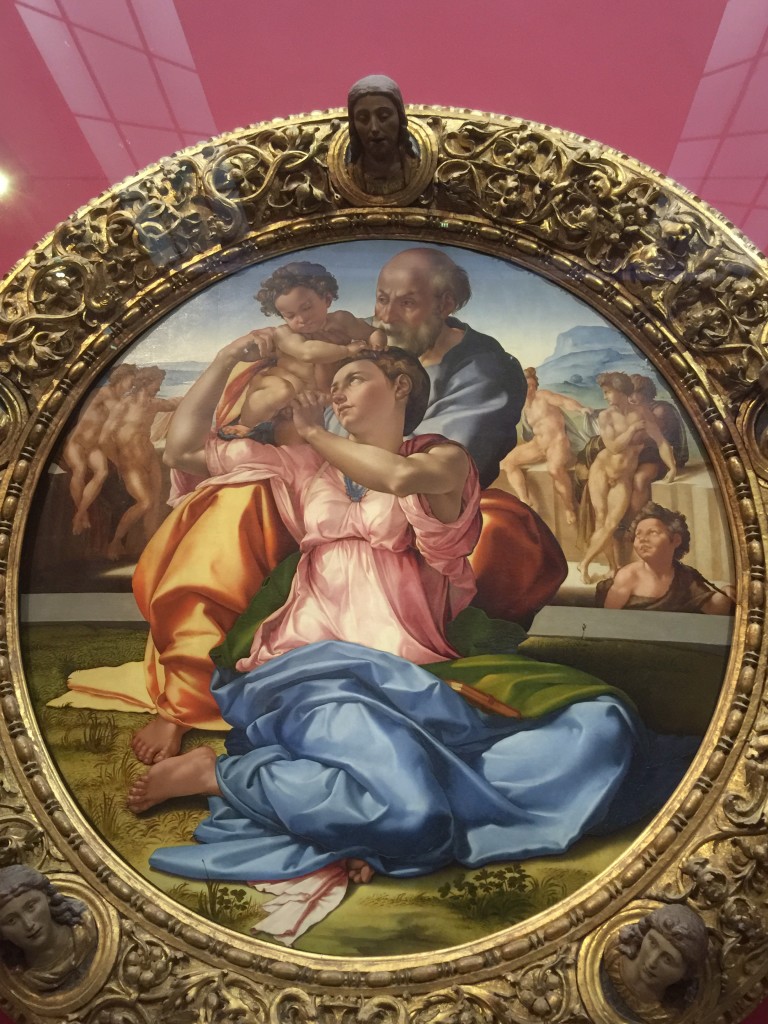
The Doni Tondo, a rare canvas painting by Michealangelo. Scroll down for more images.
I spent the first Sunday of January 2106 at the Uffizi Gallery in Florence. It was free, and advice online, as well as unsolicited advice on Facebook warned me that the lines were horrendous.
But visiting Florence and not spending a few hours at the Uffizi seemed like something I would always think of with sadness. Though I have visited the Uffizi before in the 1986 and 1997, I am a different person now, know more about art, and appreciate it more deeply.
In fact, when everyone cautions me against something, I often wonder if God is saying the opposite. If what “everyone says,” and the beautiful mind which created the Universe were in sync, what a beautiful world it would be!
(Digression. I thought of the time when I wanted to decline chemo after Stage III Bowel Cancer, and attempt a science project on my own body to find natural ways of preventing a recurrence, which would bless my body in the process, not curse it. I was staggered by the volume of unsolicited mocking and even hostile advice I got from people I had never met, people I barely knew, (and well as, of course, well-meaning people who, quite understandably believed I was being stupid). If not for two trusted friends, both women of vision and prayer, who corroborated what I heard God whisper to me, I might have been bullied into a year that would have been a nightmare of illness induced by toxic medication, rather than a peaceful idyll of recovering health. And chemo is not hugely effective for colon cancer. 30% of people who go through it die anyway; it only improves absolute survival by 10%. Digression done.)
When I heard the co-author of Grace and Forgiveness introduce her book on the power of forgiveness as worth a trillion dollars, I laughed but, yes, absolutely. She’s right!! In Grace and Forgiveness the Arnotts quote Mark Virkler: The Holy Spirit is always positive, and Satan is always negative. There is some truth to this. Negative advice from negative people cuts off hope and possibility thinking.
R. T. Kendall in The Anointing, tells of a British couple who sailed from Bombay to Southampton in 1904 to experience the Welsh Revival. When they walked off the docks at Southampton, they bumped into an acquaintance who said, “The Revival? Oh, it’s just Welsh emotionalism.”
Crushed, the couple bought a ticket on the next steamer, and returned to India.
But, as it happened, that foolish nay-sayer was wrong. In Wales, in 1904, people were experiencing God’s “love, vast as the ocean, loving kindness like a flood”. They were surrendering their lives to God, repenting of their sins, forgiving everyone who had sinned against them. They were experiencing spiritual joy, the spiritual life. All of which the couple missed because they listened to the negative words of a negative person!!
A long way to say: I am glad I went. The lines looked horrendous, but my family told me to sit down, and so I did, and brushed up on art history, totally absorbed, and all of a sudden, we were in, and I got to see as much as I had the energy for.
Botticelli, Michaelangelo, Leonardo, Raphael…
I am so grateful to the Medici for collecting these treasures, and to the last of the Medici for gifting them to Florence.
And here are a few of my favourites.
 Botticelli, Madonna of Pomegranate
Botticelli, Madonna of Pomegranate

Botticelli’s Nativity
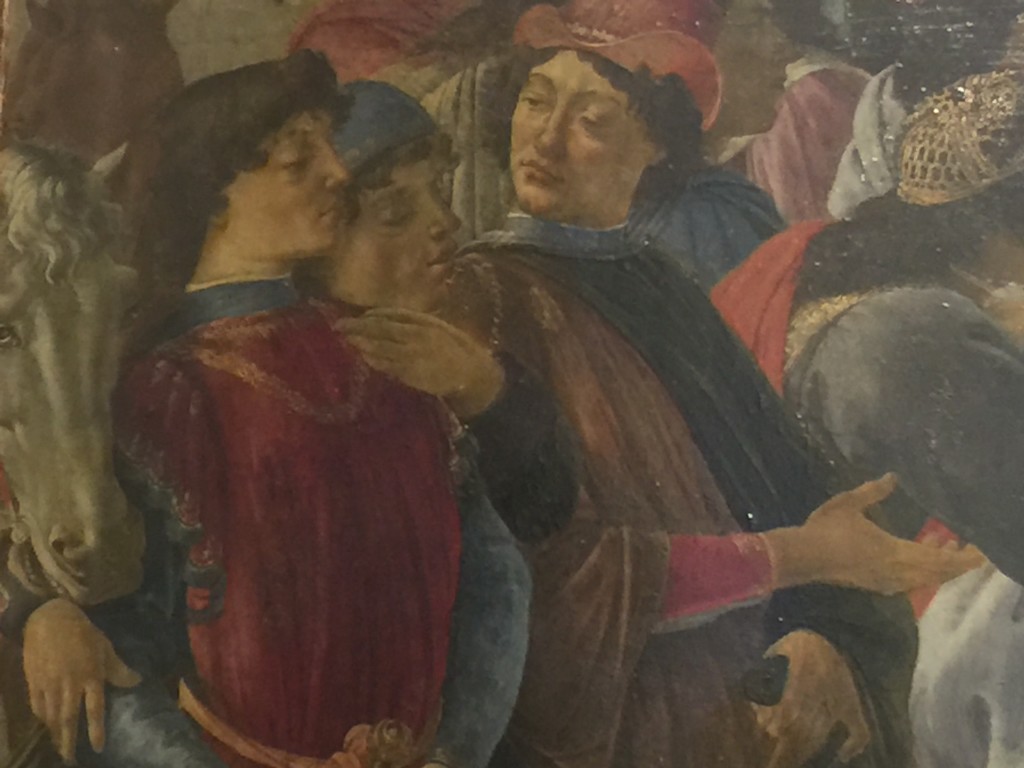
And note the snooty Florentines amid the adoring throngs

Botticelli’s famous La Primavera
 Notice the Virgin’s cool infinity scarf
Notice the Virgin’s cool infinity scarf
Sandro Botticelli, Madonna of the Pomegranate–beautiful angels, very fashionable virgin with a cool scarf!
 Sandro Botticelli, Venus coyly rising from the foam
Sandro Botticelli, Venus coyly rising from the foam

Botticelli, Man with a coin. Note the self-confidence of his gaze.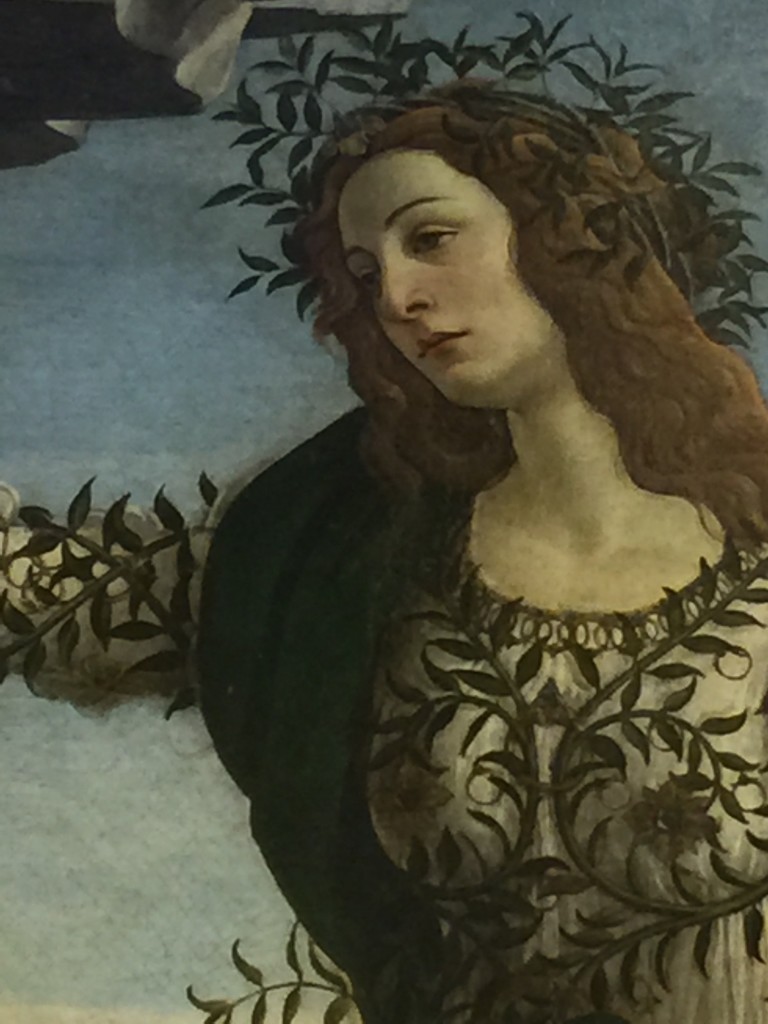 Botticelli, Pallas (and the Centaur)
Botticelli, Pallas (and the Centaur)
Raphael (below). The Pre-Raphaelites, Oxford undergraduates when they banded together, somewhat unfairly decided that true art ended with Raphael!

r
 Raphael’s portrait of Pope Julius II, the tormentor who chivvied, frustrated, angered and drove Michealangelo into genius–the inhuman effort of painting the ceiling of the Sistine Chapel, and, of course, crafting Julius’s own tomb.
Raphael’s portrait of Pope Julius II, the tormentor who chivvied, frustrated, angered and drove Michealangelo into genius–the inhuman effort of painting the ceiling of the Sistine Chapel, and, of course, crafting Julius’s own tomb.
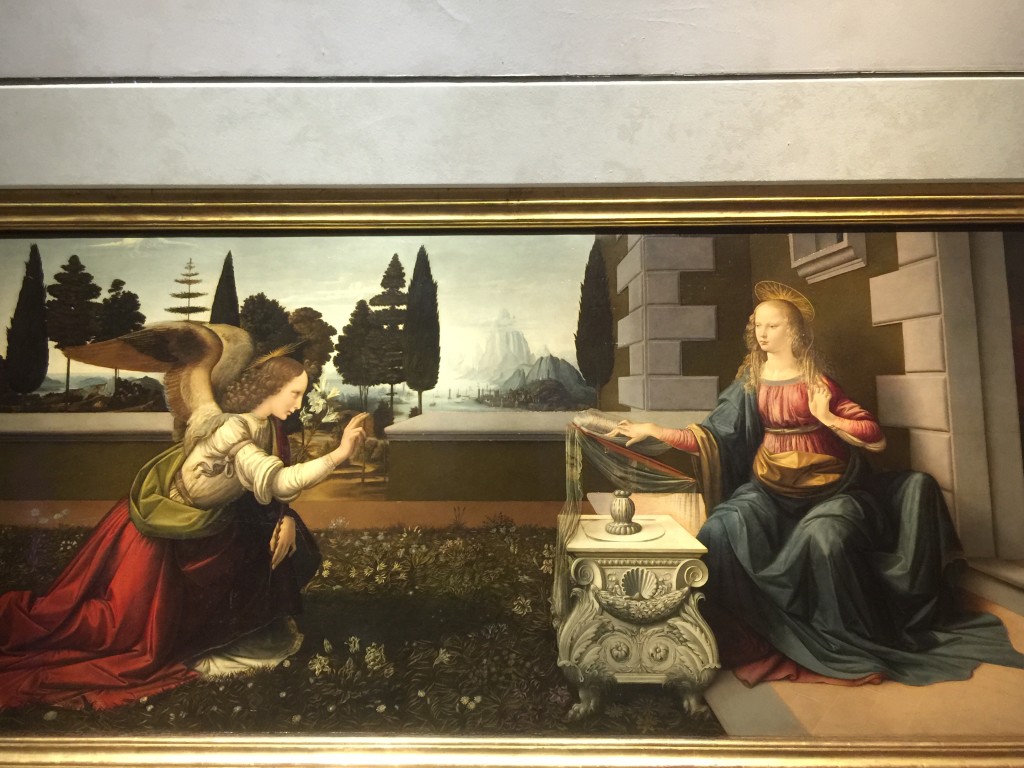 Leonardo da Vinci’s Annunciation
Leonardo da Vinci’s Annunciation
 Angels from Leonardo’s Baptism of Christ
Angels from Leonardo’s Baptism of Christ

Fra Lippo Lippi–This painting is one of my favourites!
 I love the polychromatic angel’s wings in Lorenzo de Credi’s painting
I love the polychromatic angel’s wings in Lorenzo de Credi’s painting







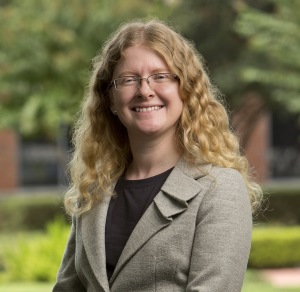



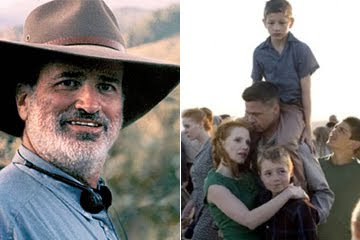

 The King’s Speech—I loved it. Partly because my father had immigrated to England in
The King’s Speech—I loved it. Partly because my father had immigrated to England in 